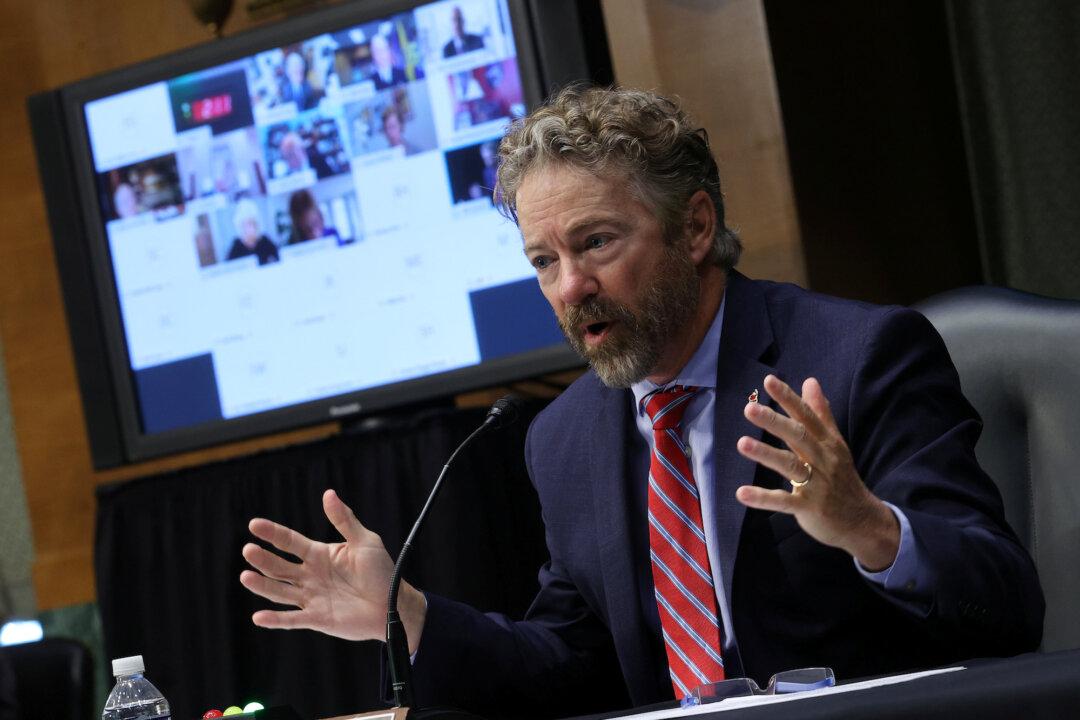Dr. Anthony Fauci, a member of the White House Coronavirus Task Force, clashed with a senator on Tuesday about when to reopen schools in America, acknowledging he did not have the final word on pandemic-related decisions but warning against being “cavalier” about the danger to children.
Sen. Rand Paul (R-Ky.) told the Senate Health, Education, Labor, and Pensions committee that some predictions put forward by experts as to the path of the pandemic are likely to be proven wrong, and challenged the wisdom of extending school closures.





